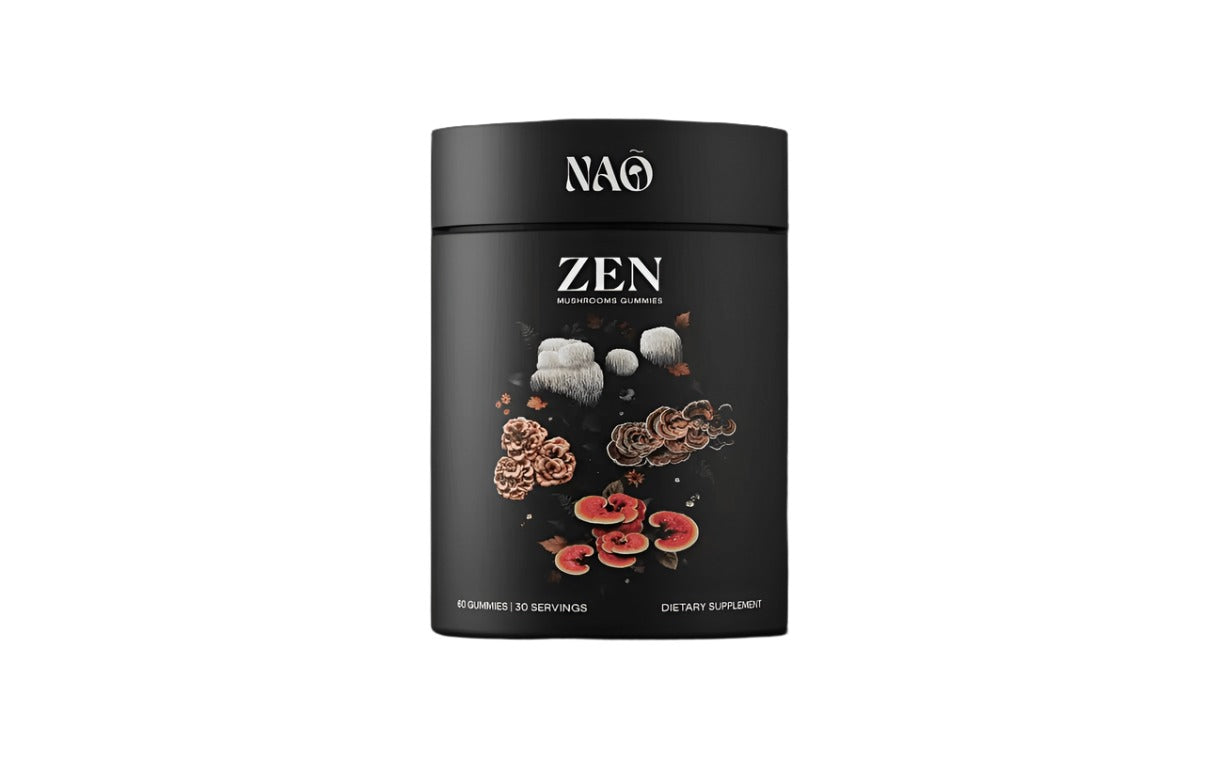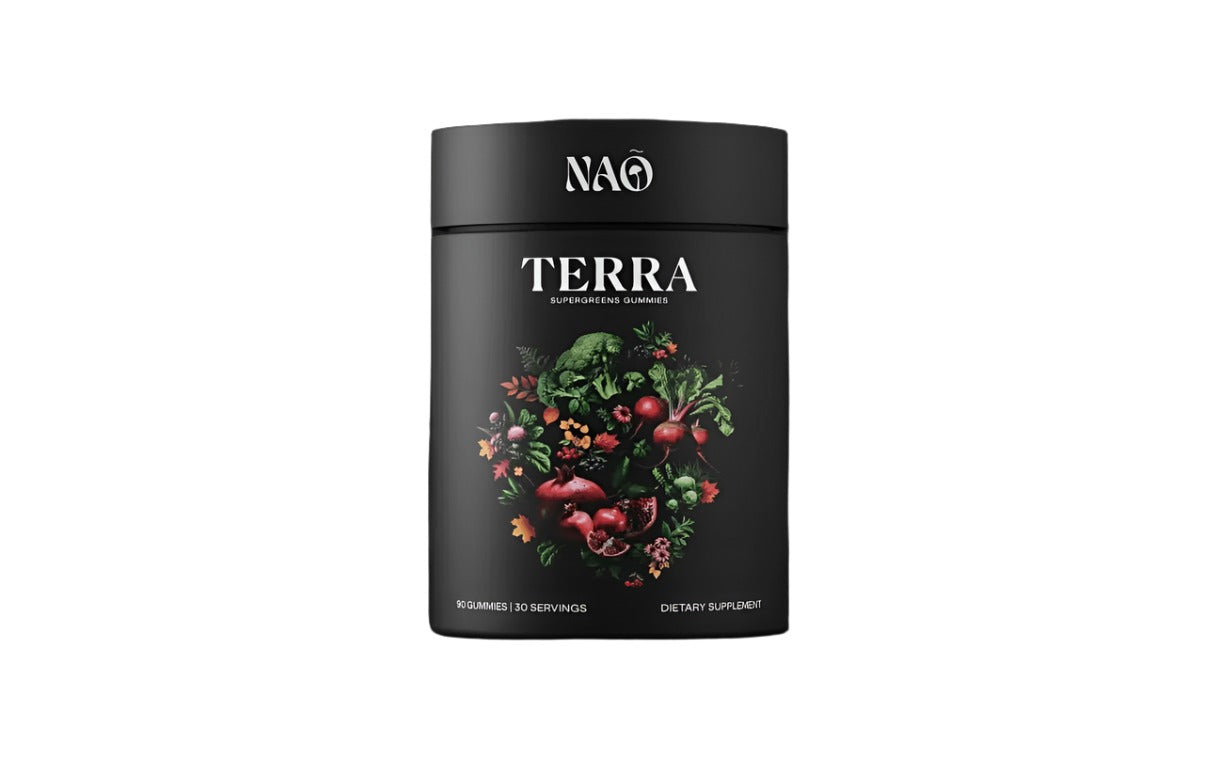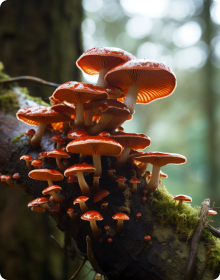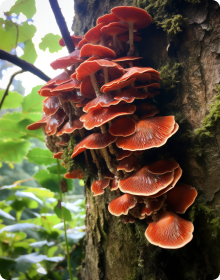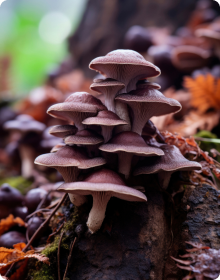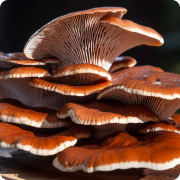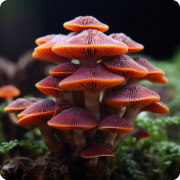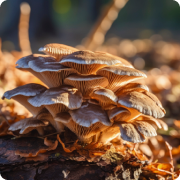Spirulina: Diving into the Brain-Boosting Potential of Nature's Superfood with Nao
The world of wellness and nutrition is full of superfoods that promise an overabundance of benefits, but few are as intriguing as Spirulina when it comes to nootropics and brain health. This vibrant, blue-green algae has surged in popularity thanks to its rich nutrient profile and potential cognitive perks. While it might not be a household name yet, Spirulina is catching the attention of health enthusiasts and brain health advocates alike for its robust properties (Joshi Pranav, 2013). You are for a treat to explore through the scientific lens of how Spirulina can boost your brain health and provide practical tips for incorporating it into your daily routine.
Understanding Spirulina
A Nutritional Powerhouse
Spirulina, scientifically known as Arthrospira Platensis, is a single-celled organism found in various water sources. Despite its microscopic size, Spirulina packs a punch in the nutrition department – it is an excellent source of protein, vitamins, minerals, and antioxidants (Tabassum et al., 2012). With all essential amino acids present, it is particularly valuable for those on plant-based diets looking to fortify their protein intake.
Supporting Overall Health
Beyond brain benefits, Spirulina has been linked to improved heart health, a strengthened immune system, and even allergy relief. Its high antioxidant content can help fight inflammation, a common denominator in many chronic diseases. Furthermore, its role in balancing blood sugar levels and its potent anti-inflammatory properties make it a holistic tool for wellness.
Spirulina and Brain Health
The Nutrients That Nourish the Brain
Several components vital for brain health amplify Spirulina's rich nutrient profile. The wealth of omega-3 fatty acids and significant B vitamins are crucial in neuronal function and neurotransmitter synthesis. It is a source of iron and magnesium, which support oxygen transport and brain cell metabolism.
Research-Backed Cognitive Benefits
Several premier peer-reviewed studies have highlighted the potential of Spirulina to enhance cognitive function. Karkos et al. (2011) and Australian researchers Gumbo and Nesamvuni (2017) found that Spirulina's amino acid content may elevate neurotransmitter levels, improving mental alertness and memory. Meanwhile, a meta-analysis published in the "Journal of Medicinal Food" (Sastre et al., 2024) suggested a link between the human microbiome and glucose metabolism, where Spirulina’s intake may correct and prevent metabolic disfunctions reducing risk of developing neurodegenerative diseases.
Healthy Menu: Spirulina in Your Diet
Creative Culinary Exploration
Adding Spirulina to your diet does not have to be dull. Its distinct earthy flavor can complement both sweet and savory dishes. From blending it into smoothies and sprinkling on salads to mixing it into homemade energy bars, your creativity only limits the options.
Recommended Daily Intake for Maximum Benefit
While there is no one-size-fits-all recommendation, a range of 1-8 grams of Spirulina per day is commonly suggested to reap its benefits. A moderate intake that aligns with a diverse, nutrient-rich diet is optimal for those explicitly targeting brain health. Remember that while this is a natural compound, moderation is vital; excessive consumption can lead to imbalances.
Potential Considerations and Cautions
Understanding the Fine Print
Like any supplement, Spirulina is not exempt from potential adverse effects. Some individuals might experience digestive discomfort or allergic reactions, especially if they have an underlying seafood allergy, as Spirulina is a type of cyanobacteria. It also has the potential to interact with medications, so it is essential to consult a healthcare provider before adding it to your daily regimen, especially if you are on medication or are pregnant.
Daily Nutrient: Spirulina's Brain-Boosting Potential
A Recap of Benefits
Spirulina's solid nutritional profile and emerging role in cognitive health make it a standout contender in the superfood arena. Whether you want to improve focus, protect against cognitive decline, or boost your brainpower, Spirulina offers a natural and accessible avenue to support a healthy mind (Kapoor et al., 2020).
The Invitation to Explore
This deep dive into Spirulina's potential is just the beginning. With ongoing research and an increasing array of products featuring Spirulina, the opportunities to harness its benefits are abundant. Introducing this superfood into your diet thoughtfully and intentionally can contribute to long-term brain health and cognitive vitality.
Ready to elevate your brain health with nootropics packed in Spirulina? Start with a trip to your local health food store or check out reputable brands online, such as nao, which offers premium, organic Spirulina supplements. Remember, the path to a healthier brain and body is holistically integral, and Spirulina could be just the ingredient you are looking for to make that significant difference.
Remember to make an informed and conscious choice for your health and the planet. Be the change, and start your chlorella journey today as we do our best to deliver the best of superfoods’ benefits at Nao.
References
Gumbo, J. R., & Nesamvuni, C. N. (2017). A Review: Spirulina a source of bioactive compounds and nutrition.
Joshi Pranav, C. (2013). A review on natural memory enhancers (Nootropics). Unique Journal of Engineering and advanced sciences, 1(01), 8-18.
Kapoor, N., Jamwal, V. L., Shukla, M. R., & Gandhi, S. G. (2020). The rise of nutraceuticals: overview and future. Biotechnology Business-Concept to Delivery, 67-92.
Karkos, P. D., Leong, S. C., Karkos, C. D., Sivaji, N., & Assimakopoulos, D. A. (2011). Spirulina in clinical practice: evidence-based human applications. Evidence-based complementary and alternative medicine : eCAM, 2011, 531053.
https://www.hindawi.com/journals/ecam/2011/531053/
Sastre, M., Cimbalo, A., Mañes, J., & Manyes, L. (2024). Gut Microbiota and Nutrition: Strategies for the Prevention and Treatment of Type 2 Diabetes. Journal of Medicinal Food, 27(2), 97-109.
Tabassum, N., Rasool, S., Malik, Z. A., & Ahmad, F. (2012). Natural cognitive enhancers. Journal of Pharmacy Research, 5(1), 153-160.
